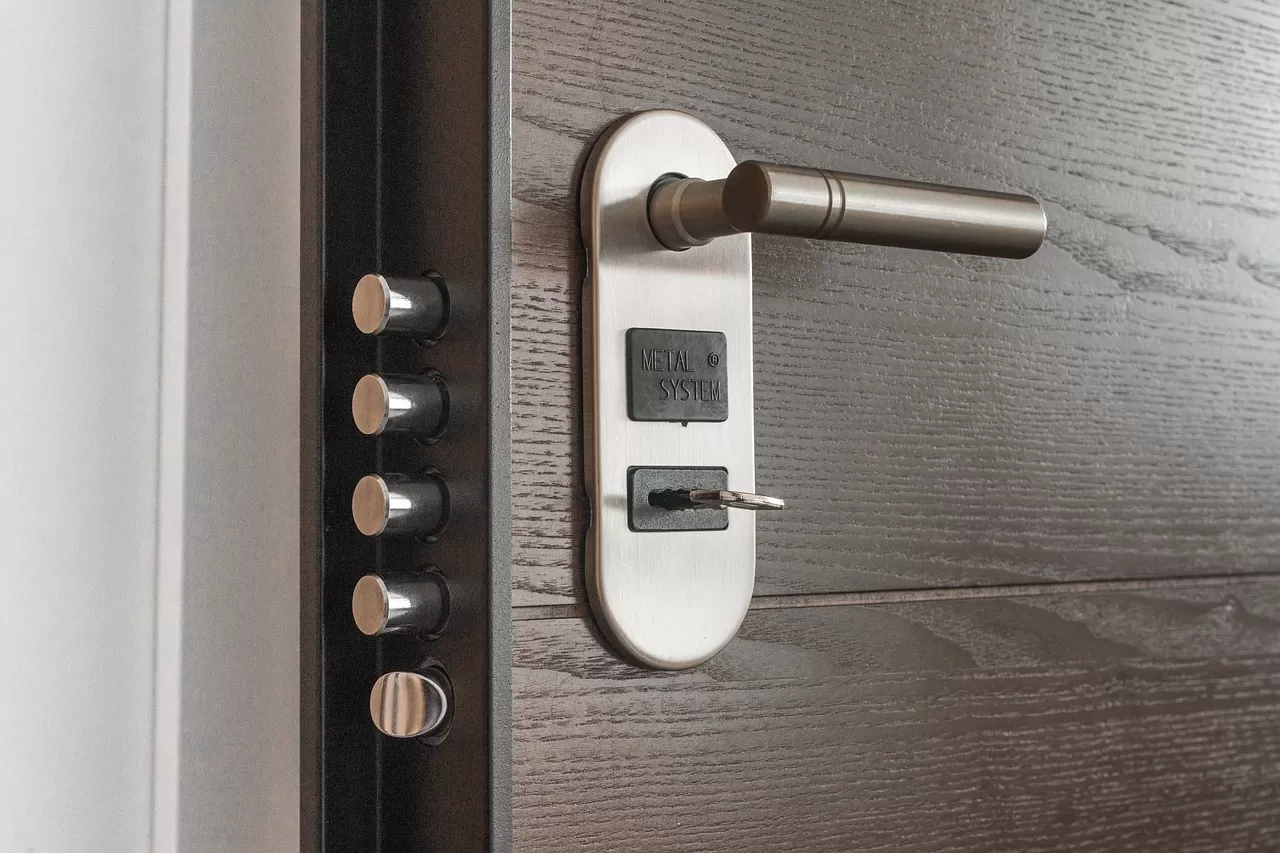Are you going out for the holidays or on vacation? Leaving a home unattended can be frustrating, as an empty, dark home is a welcome solicitation for burglars.
Luckily, one of the best things the rise of smart home gadgets will bring is a DIY smart security system. You can choose the gadgets that suit you best.
This means that your system can be fully customized to your needs and wishes and is unlike any other. And it shouldn’t break the bank. You can even use old phones as security cameras.
Smart home devices are in demand right now, and homeowners across the country are equipping their homes with sensitive, motion-sensing thermostats, remote controls, and a host of other technologies. Considered as a class, these devices serve various purposes such as saving energy and increasing comfort in everyday life. While there is a variety of brands and gadgets available that provide and facilitate smart home tech. There are several Internet Service Providers (ISPs) that do that same. For example, Cox Homelife has several packages such as voice remote, security system, etc. Plus a bilingual customer can also get all the assistance in Spanish as well when going with Cox through Cox Servicio al Cliente en Español.
However, one of the fastest-growing subsets is security, intrusion detection, and containment technologies.
To get started on your securing your home, here are a few things you can consider:
1. Secure your doors and windows
At the front door, style, security, and convenience can be combined with smart locks.
Smart home devices in general are quickly becoming an expected part of buying a new home.
Smart locks are the most secure way to show who has access to your home.
Key codes can be generated ahead of time, or when a homeowner knows someone is coming into their home, codes can be created on request and then deleted when they are no longer needed.
Homeowners can schedule codes for anyone from a plumber who shows up at 11 a.m. to a home nurse who comes to check on an elderly parent.
Smart locks provide a level of security and peace of mind that most home automation devices simply don’t have.
Windows and doors connected to a smart home are not actually smart, but they can be connected to a smart switch or a smart alarm sensor. The frame contains only the basic mechanisms such as a low voltage-activated magnetic lock and a magnetic switch that can be connected to an external alarm sensor.

2. Two-factor authentication
Two-factor authentication (2FA) helps secure your accounts by adding an extra layer that requires additional effort and, above all, your consent.
Before you buy a connected camera, speaker, home security system, or even smart home hub, make sure the company supports two-factor authentication or 2FA. It basically acts as a secondary authentication method used in addition to your device account password. If your account details (such as ID and password) are compromised, 2FA can still deter attackers because it’s a constantly changing piece of data.
Device manufacturers are gradually adding 2FA support, but not all. I would stay away from those that don’t as they don’t provide that important second layer of protection. In this way, anyone can log in with the smart camera account ID and password and view live images remotely. However, this would not be possible with 2FA.
3. Secure routers
An old wireless router can cause big problems.
The need for security is more important than ever as scams, viruses and other cybercriminals have become commonplace. Among everyday scam texts and strange plugins that pop up in front of you from your web browser, gliding smoothly and effortlessly on the web seems like a novelty.
There is one aspect of your digital life that may make you more vulnerable than you think. Buying the right router can impact your general digital security.
If you’ve ever bought a router, you’ve no doubt heard of WiFi Protected Access (WPA) or Wired Network Equivalent Privacy (WEP). WPA is a network security technology that encrypts data for people outside of your network because the devices on your network use the same encryption algorithm.
A secure home network helps reduce the risk of being hacked and someone else gaining access to your sensitive information.
Not only that, it protects against unwanted or unauthorized users and devices that can slow down your connection or overload internet services you pay for free.
This is a crucial aspect of smart homes one should focus on since all the devices will be running on this.
Bottom line
The home should be a refuge for everyone. Fortunately, home security is not rocket science. It’s just common sense. Many homeowners today are using technological innovations to keep their homes safe and prevent theft. By investing in the security of your home, you are giving yourself and your family peace of mind. Although the initial costs may increase when it comes to preventing possible break-ins, the costs of buying and installing these items are worth it.





























